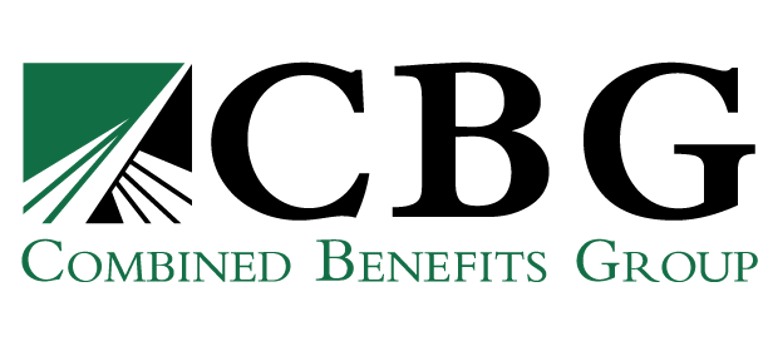Retirement Plan Administration
403(b) Retirement Plan Administration involves the management and oversight of retirement savings plans offered by certain tax-exempt organizations, public schools, and nonprofit entities under Section 403(b) of the Internal Revenue Code. These plans, often referred to as tax-sheltered annuities or TSA plans, allow employees to save for retirement on a tax-deferred basis through salary reduction contributions. Here are key aspects of CBG’s 403(b) Retirement Plan Administration:


Employee Contributions
Eligible employees make pre-tax contributions to their 403(b) accounts through salary deferrals. These contributions are deducted from their gross pay before taxes are withheld, reducing their taxable income and allowing for tax-deferred growth of retirement savings.
Employer Contributions (if applicable)
Some employers may choose to make contributions to employees' 403(b) accounts as part of the retirement benefits package. Employer contributions may be discretionary or mandatory, and they may be subject to vesting requirements.
Plan Design
Employers establish 403(b) retirement plans to provide eligible employees with an opportunity to save for retirement. Plan design includes determining eligibility criteria, contribution limits, investment options, and vesting schedules. Plan documents must comply with IRS regulations and be communicated to participants.
Investment Options
403(b) plans typically offer a range of investment options, such as mutual funds, annuities, and other investment vehicles. Participants have the flexibility to choose investments that align with their risk tolerance, investment goals, and time horizon.
Plan Administration
Employers or plan administrators are responsible for day-to-day administration of the 403(b) plan, which includes processing contributions, maintaining participant records, facilitating investment transactions, and ensuring compliance with IRS regulations.
Compliance
403(b) plans must comply with various IRS rules and regulations, including contribution limits, nondiscrimination testing, participant disclosure requirements, and reporting obligations. Employers must also adhere to ERISA (Employee Retirement Income Security Act) regulations if the plan is subject to ERISA.
Participant Education and Communication
Employers are encouraged to provide participants with educational resources and communication materials to help them understand their 403(b) plan benefits, investment options, and retirement planning strategies.
Effective 403(b) Retirement Plan Administration requires careful planning, compliance with regulatory requirements, effective communication with plan participants, and diligent oversight of plan operations.
Record Keeping and Reporting
Employers must maintain accurate records of participant contributions, investment transactions, account balances, and other planrelated information. They may also be required to file annual reports with the IRS and provide participant statements.
Benefit Administration made Simple!
Copyright © Combined Benefits Group 2024. All rights reserved. | Privacy Policy | User Agreement. | Send a Secure File
